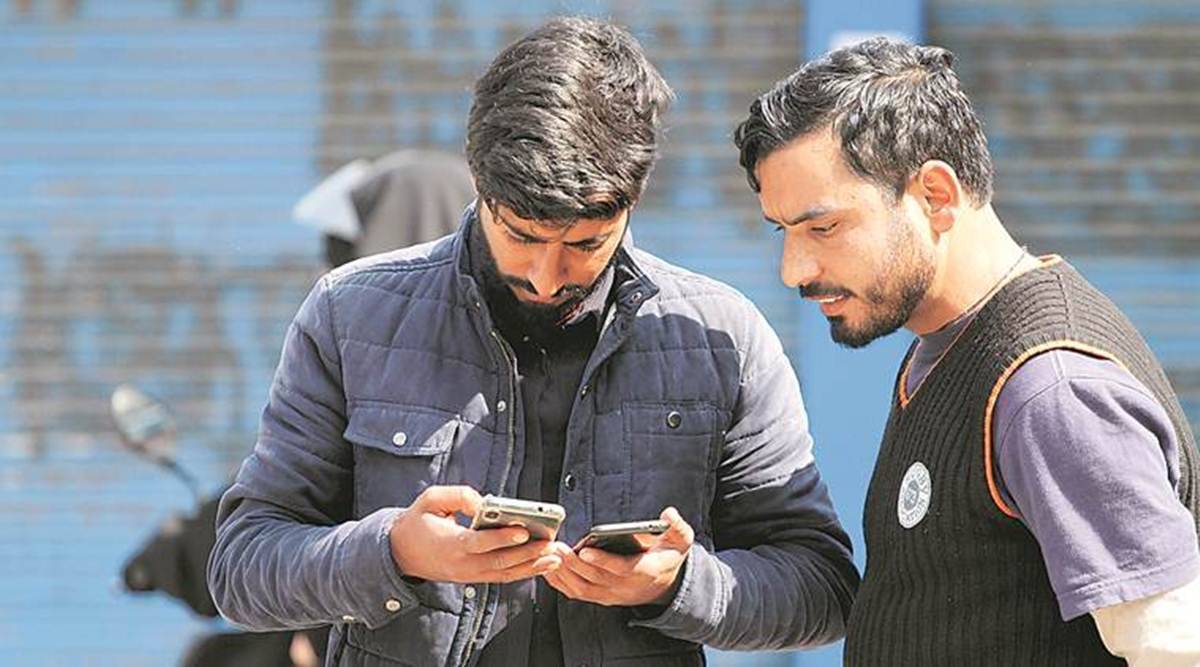On Wednesday, the United States said there had been no shift in its Jammu and Kashmir approach.
“I want to be very specific and there’s been no reform in U.S. policy in the region,” reporters were told by State Department spokesman Ned Price in view of a tweet from the State Department’s Southern and Central Asia Bureau welcoming the continuance of 4G internet services in Jammu and Kashmir.
“In India’s J&k, we greet the continuance of 4G mobile broadband. This is a crucial component for local people and we look forward more to sustained political and financial progress in J&K to restore normalcy,” the State Department’s South and Central Asia Bureau tweeted.
On February 5, in the entire union territory of Jammu and Kashmir, high-speed broadband Internet was reinstated, precisely one and a half years after it was dropped in August 2019 when the Center invalidated the special status of the former Province.
A long-standing priority of U.S. policy in South Asia has always been to keep the India-Pakistan crisis from rising to an inter-state war, according to a 2019 Congressional Research Service study from August 2019. This meant that the United States wanted to discourage acts that openly supported either faction. Washington has, meanwhile, grown closer to India over the past decade, though links with Pakistan tend to be seen as overshadowed by distrust, according to the CRS report.
“Well, I think what I would say basically is that around the world — and this goes back to what I was saying before — we are dedicated to keeping democratic principles, including freedom of speech and expression. I guess when it comes to Twitter’s policies, we’d have to guide you to Twitter itself.
“of course, we have always had worries about clampdowns on the right to free speech, freedom of association going on in the world and when that doesn’t permit people to interact and protest peacefully.”
